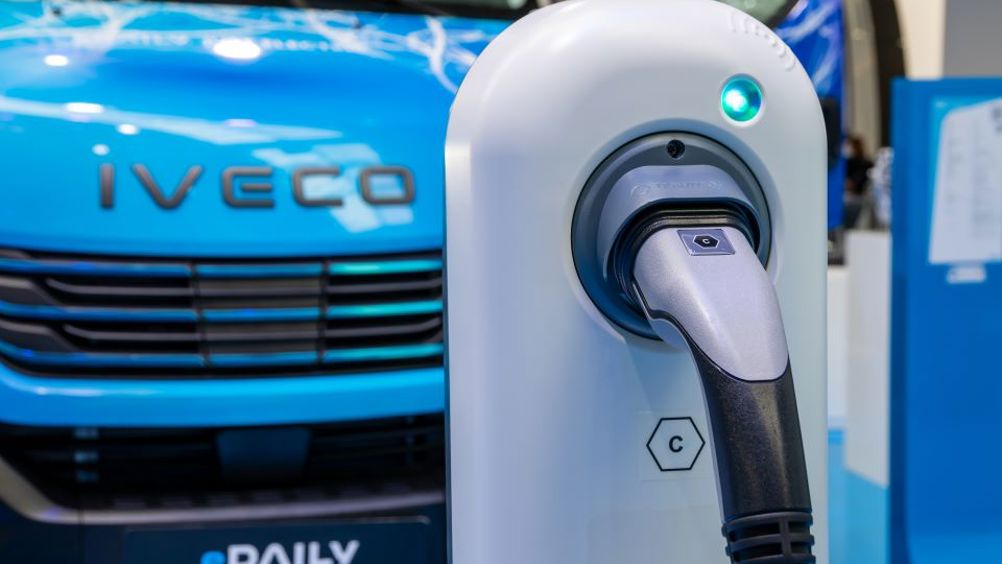DfT announces £56m funding boost for EV charge point installations
The roll-out of electric vehicle (EV) charge points is set to benefit from an additional £56m in public and industry funding announced by the Department for Transport.

The announcement by transport minister Jesse Norman will help deliver up to 2,400 charge point installations in the short term, and ‘tens of thousands’ in the long term.
According to DfT, the funding will expand the existing the Local Electric Vehicle Infrastructure (LEVI) pilot, boost the existing On-Street Residential Chargepoint Scheme (ORCS) and help councils across England secure resources to develop in-house expertise and capability to coordinate charge point plans and work with private operators.
In addition to expanding three of the original LEVI pilot schemes in Barnet, Durham and North Yorkshire, there are 16 new pilot schemes across England.
In total, £22m of government funding for the pilot areas is supported by £17m of private funding and £2m from public funds across local authorities.
In addition to expanding the pilot scheme, the government has launched an £8m LEVI Capability Fund designed to equip local authorities with the know how to scale up their charging strategies.
The funding will help local authorities work in tandem with private business and charge point operators to drive the sustainable growth of local networks, building and utilising their collective knowledge and expertise to deliver the most ambitious charge point plans for their area.
Register now to continue reading
Thanks for visiting The Engineer. You’ve now reached your monthly limit of news stories. Register for free to unlock unlimited access to all of our news coverage, as well as premium content including opinion, in-depth features and special reports.
Benefits of registering
-
In-depth insights and coverage of key emerging trends
-
Unrestricted access to special reports throughout the year
-
Daily technology news delivered straight to your inbox










UK Enters ‘Golden Age of Nuclear’
Apologies if this is a duplicate post - a glitch appears to have removed the first one: > While I welcome the announcement of this project, I note...